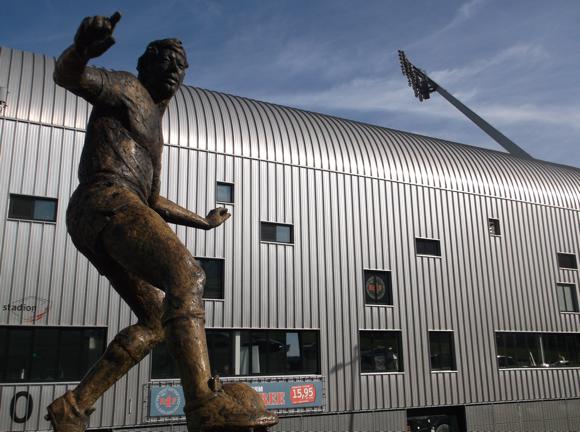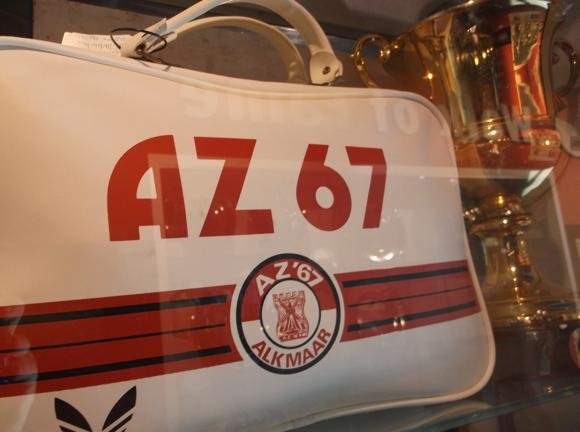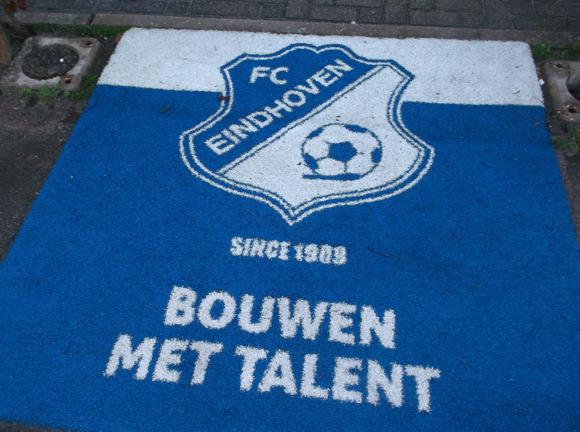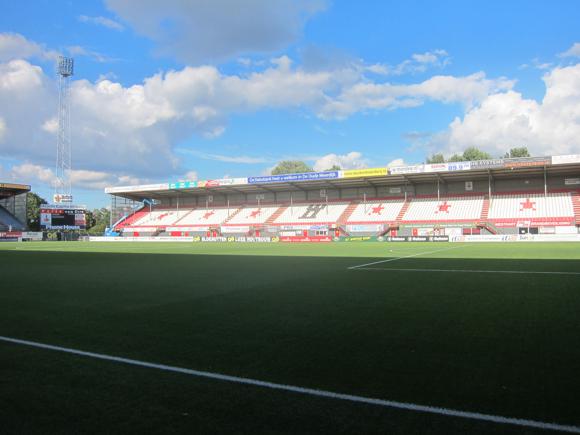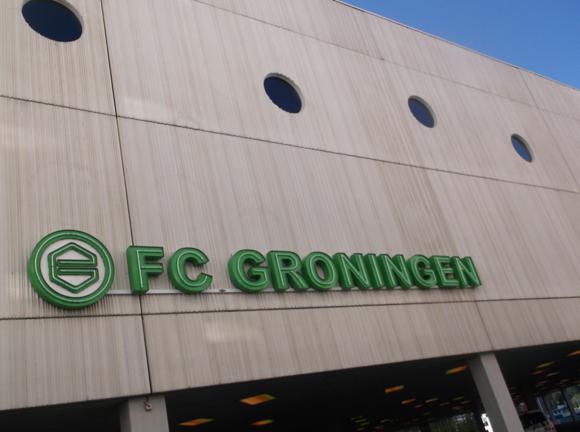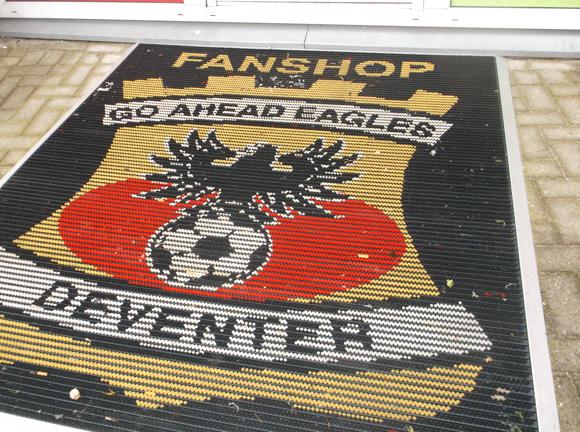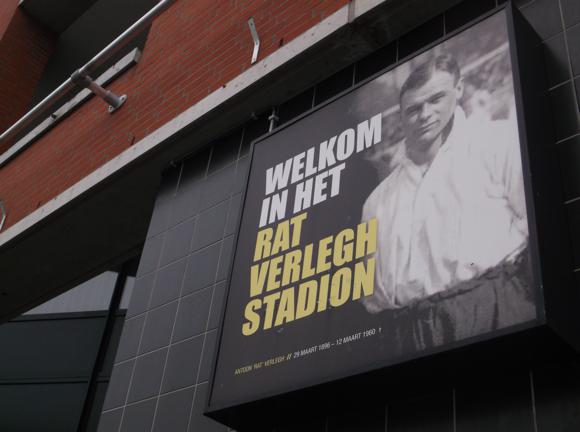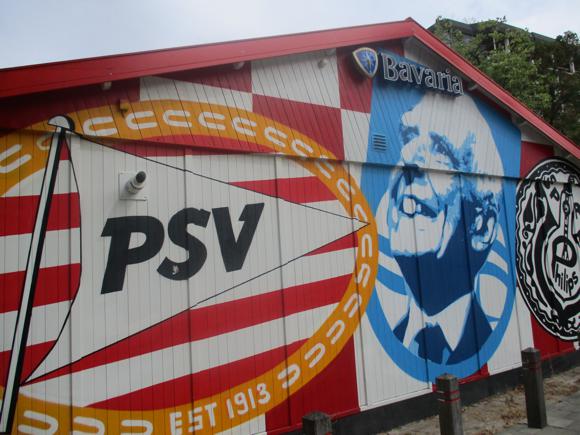A fan’s guide – the club from early doors to today
Promoted to the Eredivisie in 2019 after a five-year absence from the top flight, RKC Waalwijk last challenged for a European place in the early 2000s. Martin Jol pushed RKC into contention, earning himself a move to Spurs and the honour of a walkway being named after him at the Mandemakers Stadion east of the modest town centre of Waalwijk in southern Netherlands.
This is the site of the old Sportpark Olympia, opened in 1940, the same year that the Rooms Katholieke Combinatie (Roman Catholic Combination, RKC) were founded from a merger of smaller local amateur outfits HEC, WVB and WVH. The new club remained resolutely amateur, even after professional football was introduced in Holland in 1954.
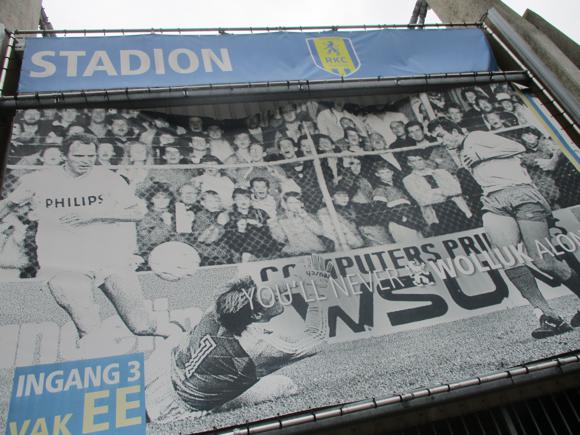
It was until 30 years later attracted the likes of later Feyenoord international and Ajax manager Peter Bosz, and current technical director of Everton, fellow midfielder Marcel Brands. Connected with RKC for most of the next 20 years, Brands would play nearly 400 games for the club, pairing with Bosz to earn Waalwijk a first-ever promotion to the top tier in 1988.
Despite an exodus of key players, Bosz and Brands included, Waalwijk survived in the big league, meeting the likes of Bradford City, TSV Munich 1860 and Schalke in the Inter-Toto Cup. With the arrival of Martin Jol, striker Rick Hoogendorp returned from Celta Vigo and back to prolific form. Jol had coached the teenage Hoogendorp at Den Haag and coaxed a goal every other game out of him. In 2001, RKC finished on the same points as fourth-placed Roda Kerkrade but missed out on a UEFA Cup spot.
Jol left for White Hart Lane in 2004. Moroccan international goalkeeper Khalid Sinouh stayed for one last season, keeping Waalwijk in the top half of the table before his departure was soon followed by relegation.
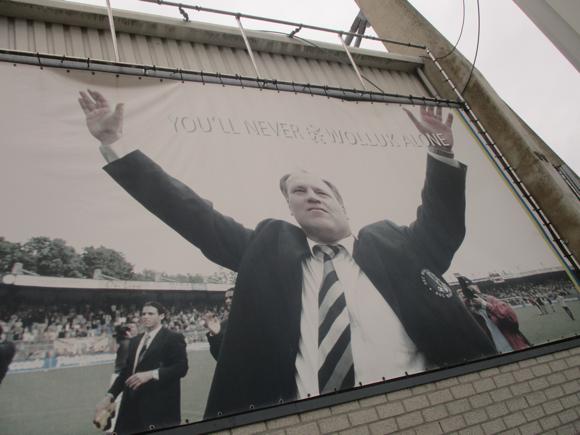
Coach Ruud Brood was hired to assure a swift return to the Eredivisie. Though RKC needed two attempts to stay there, Brood’s men made the Europa League play-offs in 2012, losing out to Vitesse Arnhem and the goals of Wilfried Bony in the decisive fixture.
Despite the return of Erwin Koeman as coach, Waalwijk lost another play-off in 2014, this time for top-tier status. RKC would have dropped down another division again had there been relegation from the second flight in 2015, finishing 20th out of 20.
Despite it being an all-time low in the club’s history since turning professional three decades earlier, the shared training arrangement with near neighbours Willem II of teenage prodigy Frenkie De Jong would reap rewards when the later Ajax star was transferred to Barcelona in 2019 for €75 million.
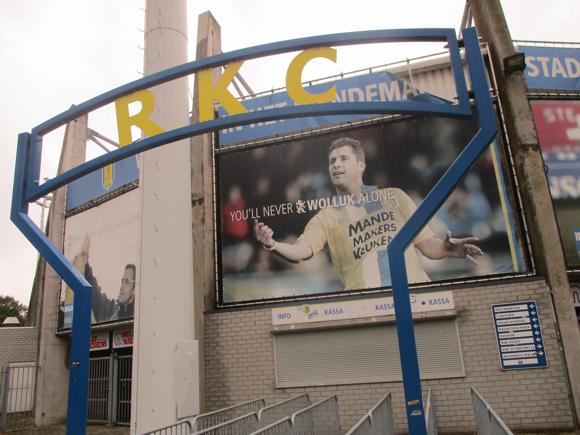
One win in the first quarter of 2018-19 hardly promised success but the arrival of Dutch striker Sylla Sow during the winter break helped RKC sneak a play-off place for promotion. A shock 3-0 win over Nijmegen, who had won the first leg 2-0 at home, followed by a desperate draw at Excelsior with ten men, took Waalwijk to the decisive tie with Go Ahead Eagles.
A 0-0 draw at the Mandemakers Stadion swayed the advantage towards the already favoured Deventer side. RCK took a surprise 2-0 lead, only for Go Ahead to go ahead 3-2. Equalising through former Waalwijk youth player Hans Mulder, the visitors must have thought their chances had gone when Deventer went ahead 4-3 on 89 minutes. An extraordinary stoppage time then produced goals from Stijn Spierings and former Dundee United striker ‘Super Mario’ Bilate. RKC Waalwijk were back in the Eredivisie.
Former Ajax goalkeeper Fred Grim now has a fight on his hands to keep Waalwijk clear of relegation.



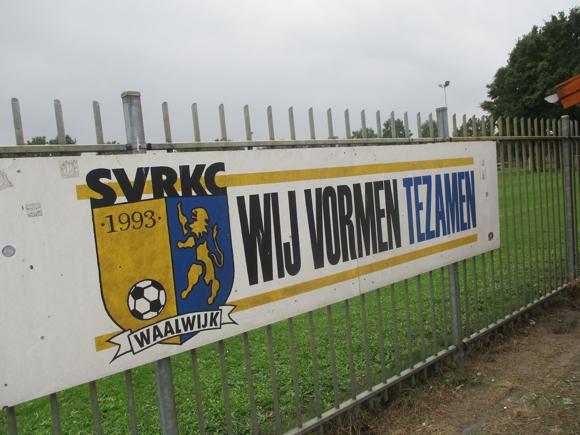

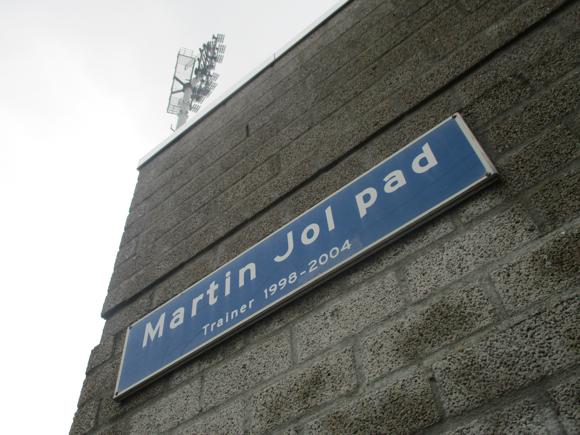


Stadium Guide
The field of dreams – and the stands around it





Hub of local football since 1940, the Mandemakers Stadion replaced the Sportpark Olympia in 1996. Around it are ranged all kinds of sports venues – a swimming pool, several other football pitches – in leafy surroundings on the eastern outskirts of Waalwijk closest to the nearest big town of ’s-Hertogenbosch.
Decorated on the outside with blow-up images of club legends, four stands surround a grass pitch, installed to replace the artificial one before the 2019-20 campaign. With a capacity of 7,500, this is the smallest stadium in the Eredivisie, although average gates rarely reach 6,000. It was barely 3,000 when Waalwijk were in the second tier.

Amenities are suitably modest, bar and shop tucked on the other side of the ground from the main office, down a narrow pathway named after Martin Jol.
Sector EE alongside is the home end, ES for standing fans in one corner. Visiting supporters are allocated sector KK, occupying half the opposite end. The main stand, Hoofdtribune, is almost completely filled with business seats, with sectors AA and DD alongside. For the neutral, a seat in sector GG facing the main stand offers the best view.
getting there
Going to the stadium – tips and timings


The nearest main train station is ’s-Hertogenbosch. Exit right for the bus concourse and bay C. The 301 sets off for Waalwijk (direction Tilburg) every 15-30mins Mon-Fri, every 30mins Sat-Sun, taking 25mins to reach Vd Merwedelaan near the stadium just across the grassy area to the left.
To return to ’s-Hertogenbosch, the bus stop is on the stadium side. To and from Waalwijk, it’s one stop to Vredesplein or a 5-7min walk along Olympiaweg – Wilhelminastraat connects with the town centre 5-7mins away.
getting in
Buying tickets – when, where, how and how much

A ClubCard was required for about half the matches in 2019-20, particularly for the big fixtures. This is free of charge but has to be arranged in person from the Fanshop – and wait ten days for it to arrive.
For all other matches, tickets are available to all online (Dutch-only) about two weeks before the game. Contact the club at info@rkcwaalwijk.nl to check on availability and ticket arrangements.
If on general sale, tickets are distributed through the Fanshop (Mon-Thur 8.30am-noon, 1pm-5pm, Fri until 4pm, match days) on Martin Jol pad, and from the ticket windows where Akkerlaan meets Olympiaweg, from 90 minutes before kick-off, cash and contactless accepted.
Prices start at €20 for the home end, rising to €22.50 for a seat in FF/HH in the corners of the sideline stand, €25 in sector GG between them. A supplement of €5 is added for the visits of Ajax, Feyenoord, PSV and Willem II – but these games also require a ClubCard.
what to buy
Shirts, kits, merchandise and gifts

Standard yellow-and-blue souvenirs are available at the Fanshop (Mon-Thur 8.30am-noon, 1pm-5pm, Fri until 4pm, match days 3hrs before kick-off, eve games until 8pm) on Martin Jol pad, behind the home end.
Where to Drink
Pre-match beers for fans and casual visitors
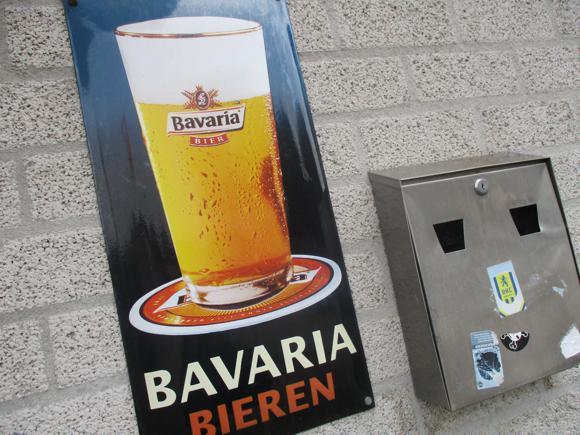


Framed yellow shirts and black-and-white match photos line the walls of the Sportcafé De Fietsenstalling, the nickname of the former Sportpark Olympia (‘Bicycle Shed’). The bar’s a neater establishment than that, serving Bavaria beer to the thirsty on match days.
There’s nothing else around – visiting supporters might be wise to find a seat on a café terrace outside ’s-Hertogenbosch station – ’t Gerucht is the most bar-like, with old beer ads and friendly service.


